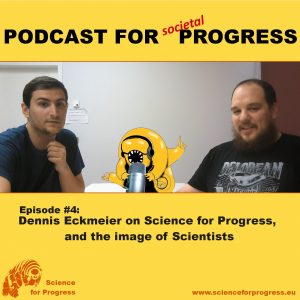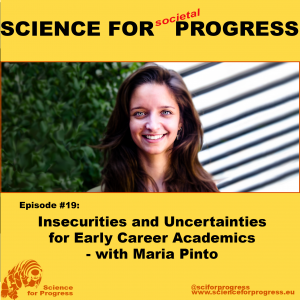
Academics are Spoiled. Right?
The stereotype of academics is that they live a well protected life in the ivory tower. But this is not the case for most of them. Maria Pinto from Portugal is a PhD student in marine microbiology in Austria. With the final stages of her work approaching, Maria is beginning to think about the future.
Forgoing Salaries, Benefits, and Life Planning Security in your Late 20s to 40s.
We talk about the many uncertainties in academia, particularly for early career researchers. In general the salaries are not good, but in poorer countries, where the salaries are particularly low and may not even include social security, there is also an expectation of students to pay field work trips themselves. In general, traveling in order to present your work at conferences is important to researchers and their careers, but for many, this is not affordable.
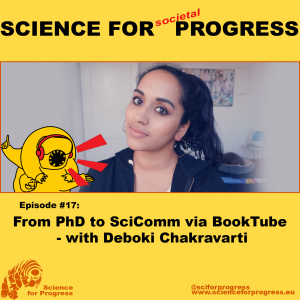
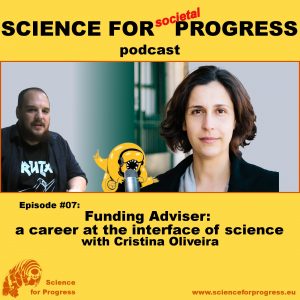 Most academics won’t stay in academia… or let’s say, not every PhD will land a permanent position as a researcher. With the increasing numbers of PhDs this situation is becoming more serious. In this context, we want to interview people who work in so called ‘alternative careers’. Some of these careers are still related to academia. We hope these interviews will be of interest to people in general, since they may learn something more about how academia works. For PhDs who may not stay researchers, it should be interesting to know what kinds of careers they can have beyond the ivory tower.
Most academics won’t stay in academia… or let’s say, not every PhD will land a permanent position as a researcher. With the increasing numbers of PhDs this situation is becoming more serious. In this context, we want to interview people who work in so called ‘alternative careers’. Some of these careers are still related to academia. We hope these interviews will be of interest to people in general, since they may learn something more about how academia works. For PhDs who may not stay researchers, it should be interesting to know what kinds of careers they can have beyond the ivory tower.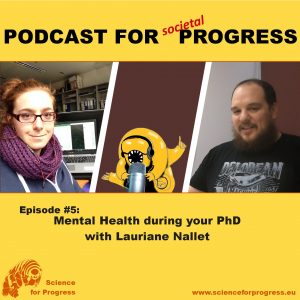 Working on your PhD is a stressful phase, and the academic culture isn’t making it better. In this episode I talk to Lauriane Nallet, who is a PhD student in Switzerland. She has a personal history with depression and even PTSD. Lauriane shares what she learned at a workshop on mental health issues in grad school, and also her own experience with mental health issues: symptoms to look out for, how she found help, and what therapy could do for her. We also talk about some aspects of academia that contribute to the stress, including high expectations for work load and ‘passion’, and the ‘publish or perish’ culture.
Working on your PhD is a stressful phase, and the academic culture isn’t making it better. In this episode I talk to Lauriane Nallet, who is a PhD student in Switzerland. She has a personal history with depression and even PTSD. Lauriane shares what she learned at a workshop on mental health issues in grad school, and also her own experience with mental health issues: symptoms to look out for, how she found help, and what therapy could do for her. We also talk about some aspects of academia that contribute to the stress, including high expectations for work load and ‘passion’, and the ‘publish or perish’ culture.